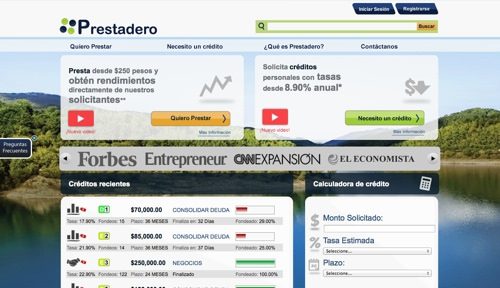Late last month, mobile payments platform company LoopPay released its ChargeCase, a battery case for iPhone 5 and 5s.
Now, two weeks later, the Massachusetts-based company has announced it received an undisclosed amount of funding from Synchrony Financial. This adds to the $10 million in Series A funding LoopPay raised last November from Beta Fund.
Under this strategic investment, LoopPay will provide Synchrony Financial with special features and benefits to provide greater convenience and utility to its cardholders and retail partners.
LoopPay uses Magnetic Secure Transmission (MST) to enable a contactless payment experience in which customers use LoopPay’s ChargeCase and Fob Button Pay devices to pay at a merchant’s existing credit card swipe reader.
To see LoopPay demonstrate its MST technology live, check out its FinovateSpring 2014 demo.




 Top Image Systems
Top Image Systems 











